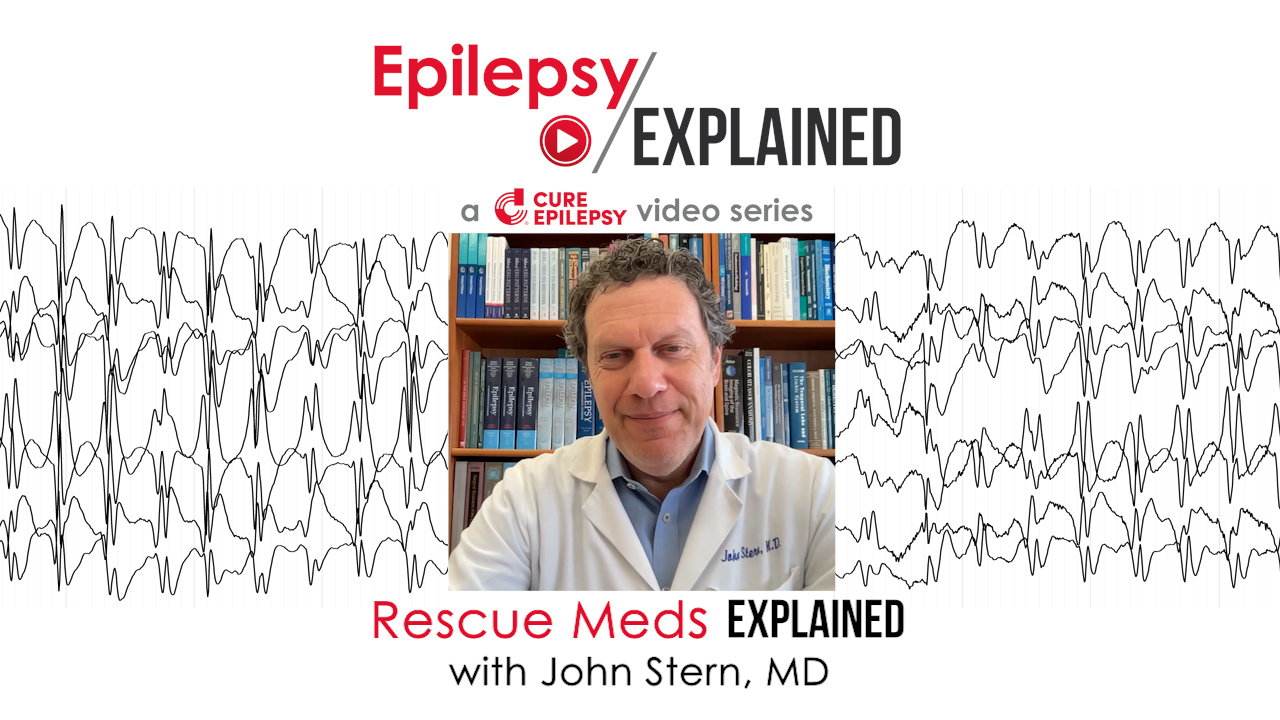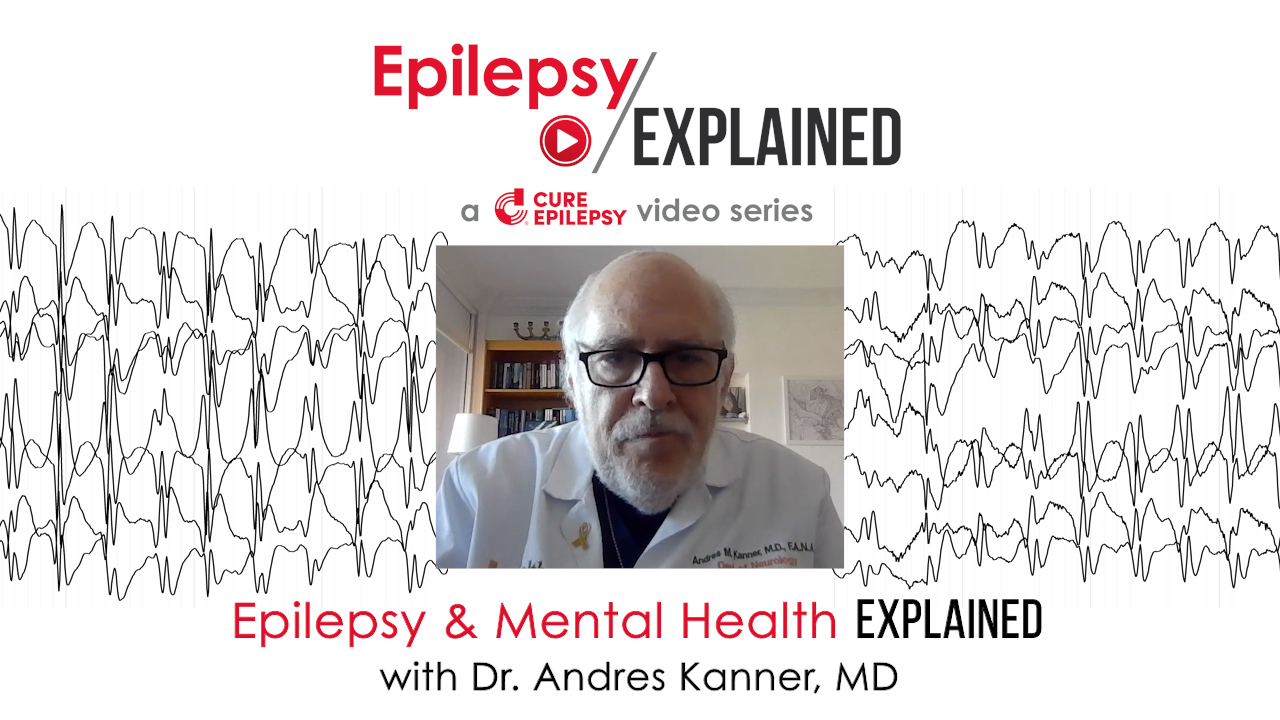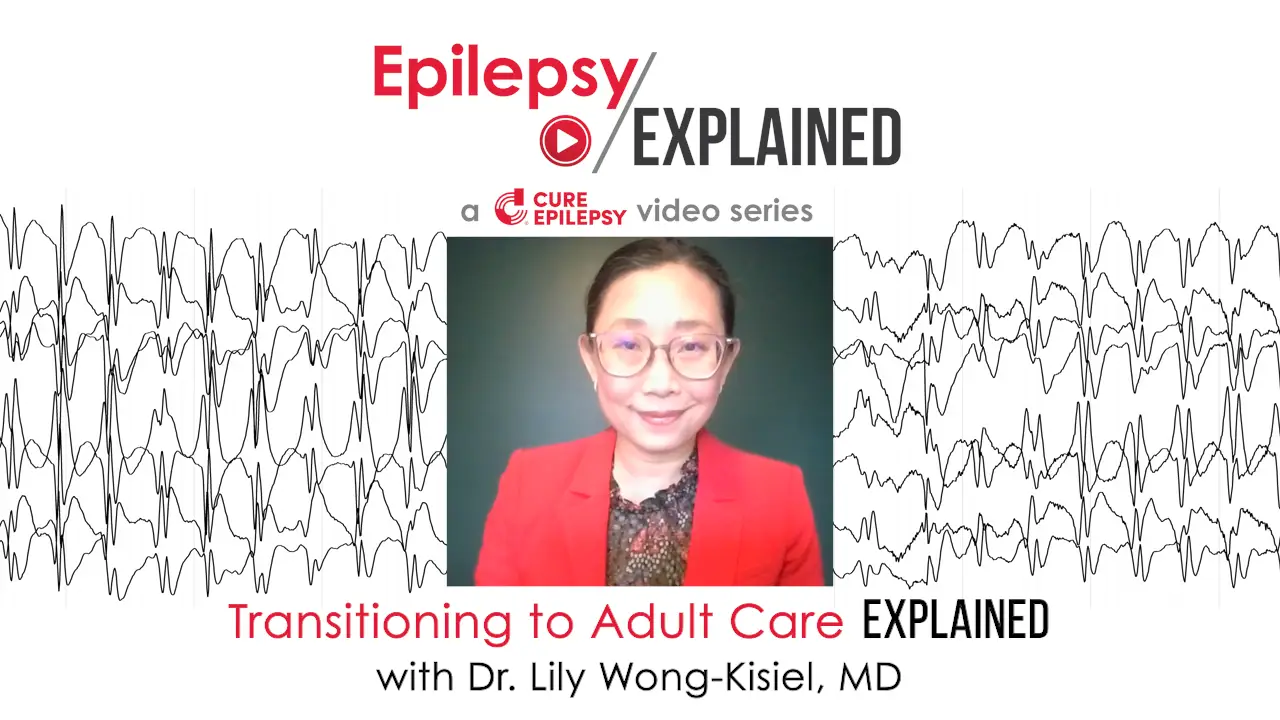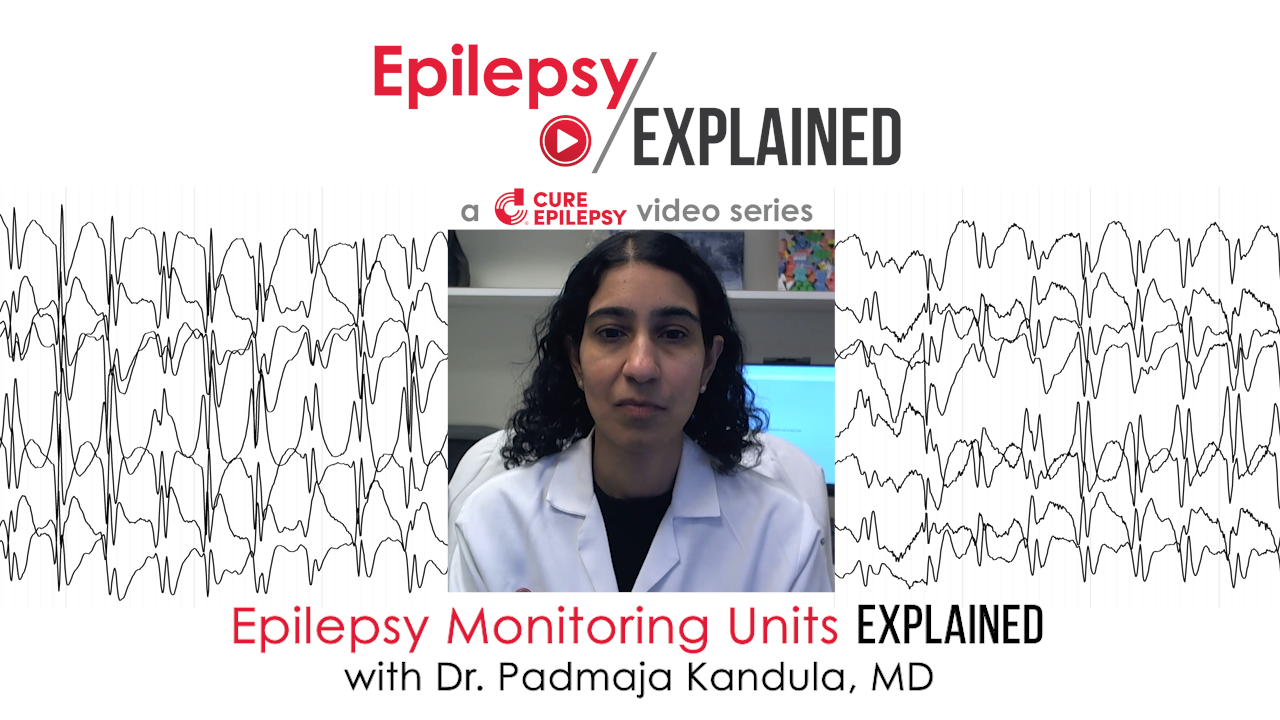This Epilepsy Explained is part 2 of Epilepsy Surgery Explained. Dr. Scott Perry, Head of Neurosciences at the Jane & John Justin Institute for Mind Health at Cook Children’s Medical Center, answers questions about preparing for epilepsy brain surgery and addresses post-operation concerns.
Video Transcript
How do I find the right surgeon for me?
Dr. Scott Perry: Finding the right surgeon is finding the right doctor for anything, honestly. It needs to be somebody that you feel like you have a good relationship, somebody that you can talk honestly with that you can ask your questions and get responses that you understand you feel comfortable with because epilepsy surgery, it’s not a benign undertaking. And so when you undergo epilepsy surgery, you want to know that you feel very comfortable that you have all the information you need to make the right decision for the treatment for you.
And so things you might think about, you want to know, does this person do epilepsy surgery often? If they do epilepsy surgery often, do they do the type of surgery that they’re proposing for you often? Do they have experience maybe in your age group for instance, if it’s a kid, do you have pediatric experience? But most importantly, as I said, it’s about the person. Do you feel comfortable with the physician? Do you feel comfortable with the team? Because it’s not just about the neurosurgeon you feel comfortable with the epilepsy team, the nursing staff, the hospital environment, all the people you encounter, because the entire program is what’s really responsible for your epilepsy surgery, not just one person.
What should I discuss with my doctor or surgeon prior to surgery?
Dr. Scott Perry: So like any treatment decision in medicine, you should always just talk about what are the risks and what are the benefits of the surgery. So from a risk standpoint, they’re going to differ depending on what kind of surgery it is, they’re going to differ based on you as a patient, what your medical history is. But some of the typical things you might think about are what are the risk of the anesthesia? Is there bleeding risk to the procedure? Is there a risk of something like stroke or something else that could leave you with a deficit, maybe weakness, for instance, sensory change, maybe vision or language changes? Is there a risk of infection?
So those are the kind of risk questions that we generally want to address, and you want to think about what are the chances it’s going to be successful? What are my chances of seizure freedom or meaningful seizure reduction, and how much is that seizure reduction? Or at least what do we expect it’s going to be? You might also want to ask about the surgery. Very important question. Is the surgeon going to shave your head before they do the surgery? Are they going to cut your hair in some way or do they leave the hair perfectly intact? A very important question.
After surgery, you might want to understand from them once the surgery is done, do they expect to wean any of your medications or are they going to stay the same? If they are going to wean them, like when is it going to be right away? Are they going to wait months before they start the weaning process? If there is an adverse effect or something maybe that was expected, maybe they expected to have some weakness after the surgery, what did that look like? Is there going to be a rehab time? And if so, how long is that time? What kind of rehab is it going to be? What are the chances that one could recover from that kind of deficit?
And so those are all kind of good global questions to think about. Understanding everything from the moment to the operating room to the time until you get to go home from the hospital, what can you expect?
What are the different types of surgery?
Dr. Scott Perry: There are a lot of different types of surgery, which is great because now that we have all of these modalities, we have a larger pool of candidates who could really benefit from epilepsy surgery. I like to think of them first of all as what is their intent? We group surgeries as really definitive or curative procedures. Those are procedures we’re doing with the idea that we’re trying to achieve seizure freedom. And then there are palliative surgeries. Those are surgeries where we want to reduce the seizure burden, but it’s not our expectation that complete seizure freedom will occur.
Now, I don’t like the term palliative epilepsy surgery because palliative sounds like an end of life term, and palliative surgery is not like last resort end-of-life treatment. It is really something that should be done early if it is warranted to reduce the overall seizure burden. As far as the different types of surgery, there are things like lesionectomies. Lesionectomies is where we maybe identified exactly the area where the brain or the seizures come from in the brain, and we can resect that lesion. Then there are lobectomies where we may remove an entire section of the brain, like the frontal lobe or the temporal lobe. You can do a hemisperectomy where you remove the entire hemisphere. You can do minimally invasive things like thermal ablation or what we call laser ablation, where you identify a small area that the seizures are coming from. You can insert a laser in a minimally invasive way and just burn that area of the brain so that you preserve the healthy tissue around it.
You can do disconnection procedures. For instance, a corpus callosotomy is a procedure where you disconnect the bundle of fibers that connects the left and the right hemisphere together. You can also disconnect other areas of brain. So without removing the brain, you can cut the connections of those areas of the brain to the rest of the brain to isolate it. There are neuromodulation techniques. For instance, responsive neurostimulation is a technique where once we identify the area of the brain where the seizures are coming from, we can plant electrodes over that area of the brain and then put in a small computer that basically reads EEG from that area, recognizes seizures, and then stimulates the brain when it sees a seizure to try to stop it.
And then we have things like thalamic stimulation like with a deep brain stimulator where we put electrodes into the middle part of the brain called the thalamus, which is basically like the area where everything in the brain plugs into. And if you can stimulate that power center, you can modulate brain activity and hopefully reduce seizures. So really an abundance of options for us to consider, which gives us a large pool of people who could benefit from epilepsy surgery as a result.
What should I expect during recovery from surgery?
Dr. Scott Perry: So that’s going to depend on your situation. Obviously, it’s going to depend on what kind of surgery you had and maybe where the surgery was done because where the surgery was done, meaning in the brain, it may depend on whether there’s maybe weakness or vision changes or something like that that requires rehab. But speaking very broadly in general, things like laser ablation, which are minimally invasive procedures, honestly, people can come in, can exit the operating room with a single stitch in their scalp from where the probe went through and may go home from the hospital in a single day with very little pain.
Larger maybe open procedures, like craniotomies where the skull needs to be removed to expose the brain to do the surgery. You can expect there’s going to be some pain and pain management that has to be dealt with. You may especially have some trouble moving the jaw just because of the muscle on the side of the head that controls that jaw will have some pain to it. But that’s stuff that you recover from. You can have sometimes some nausea and stuff from anesthesia like you would with any surgery. And then, as I said, it depends on where the surgery was done. If there’s weakness or some other thing that needs rehab after the surgery, you can expect that there might be a period of time with physical or occupational or speech therapy to recover that.
So depending on the individual situation, many people with epilepsy surgery spend maybe, as I said, as little as a day and sometimes one, maybe two weeks in the hospital depending on the situation after a surgery.
When will I know if the surgery worked?
Dr. Scott Perry: So knowing if a surgery works depends on what your outcome was going to be. Like what you wanted the outcome to be. Sure, seizure reduction, seizure freedom, that’s the common one we think of. But sometimes people get surgeries, like the palliative procedures I mentioned earlier, because they want seizure reduction. Maybe they want to improve overall quality of life. Maybe they want to get rid of a certain type of seizure that was resulting in falls and injury. So all of those different things will depend on really when you can feel like the surgery worked.
I would say in general, the longer the time goes by, the better you feel, right? If you’re having a frequent number of seizures before the surgery and then at the one-month follow-up, you’re having none, you can feel pretty good about that, right? That the surgery was helpful. But understand that some people will just like with medicines, experience a honeymoon period after surgery. So then when they come back at six months, when they come back at one year, each time they’re still doing well, you feel better and better. Two years in general after surgery is a pretty good indicator of long-term outcome. So we use that number a lot because you’re less likely to have recurrence after that two-year period, but it can still occur. The chances are not zero after two years, but it is a pretty good indicator for long-term outcome.









